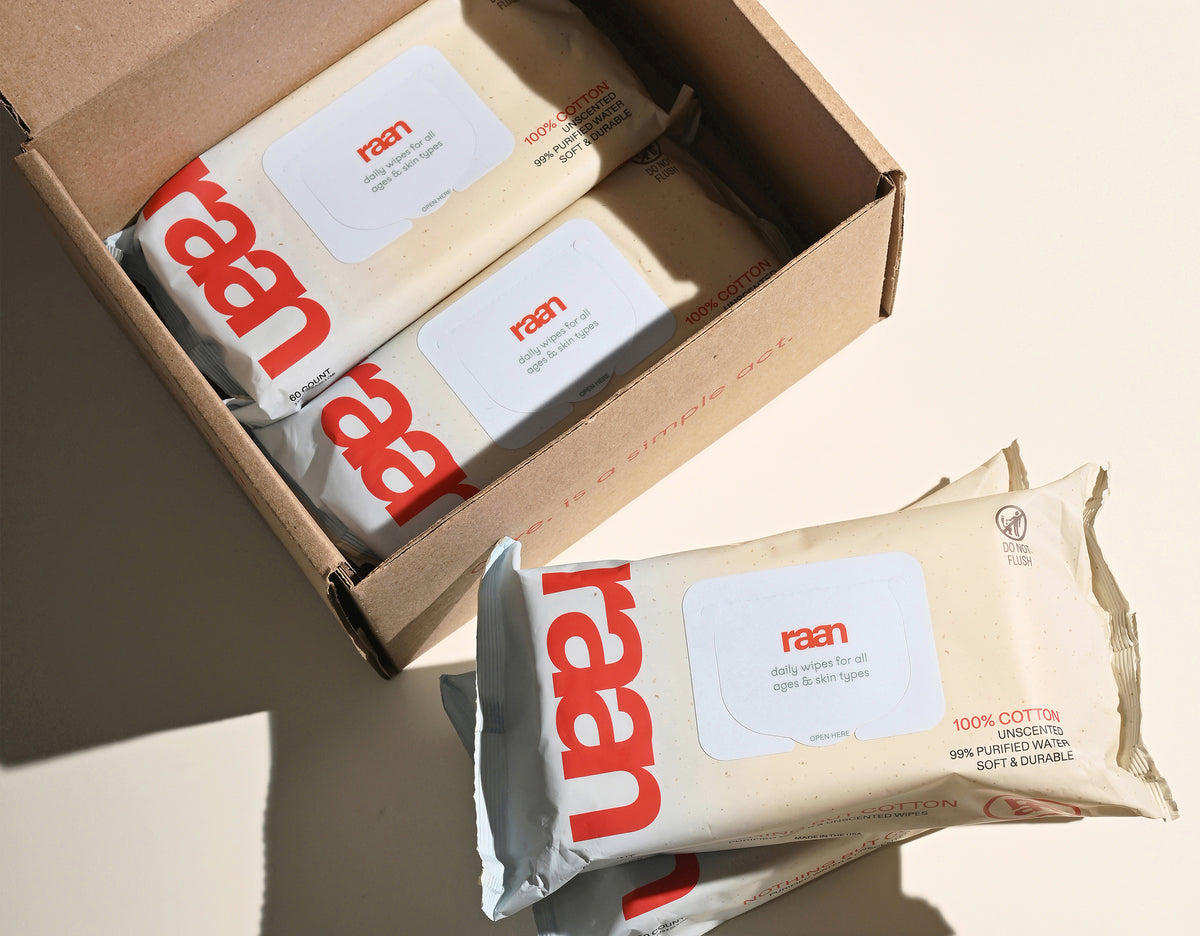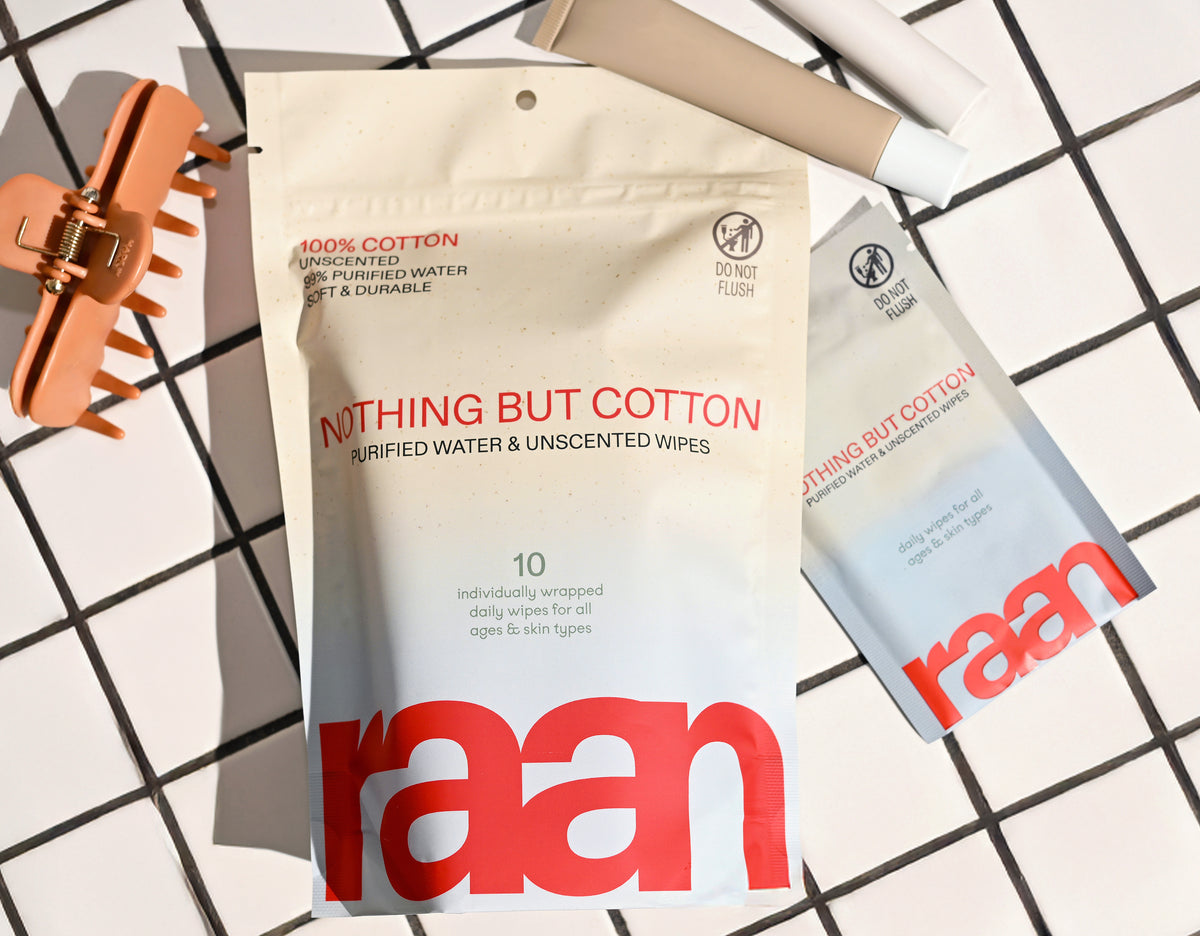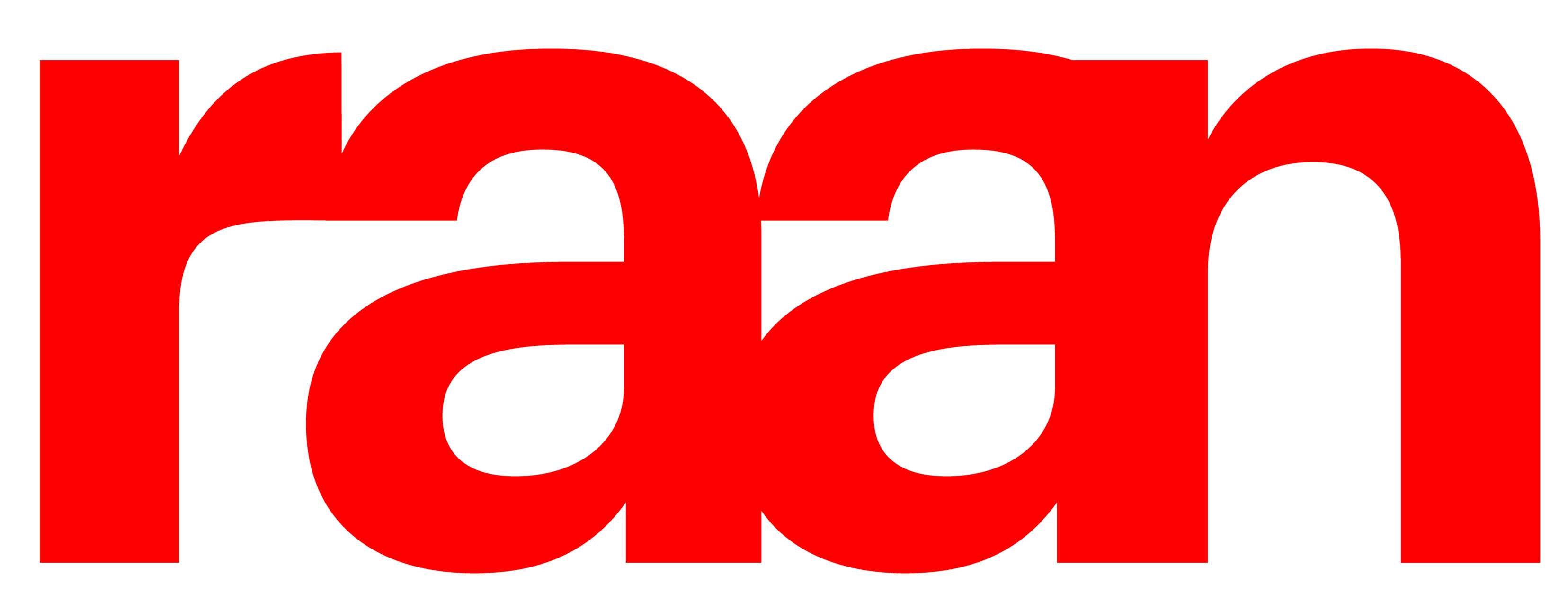Key Takeaways
- Kirkland Signature Baby Wipes are generally safe for most babies.
- The wipes do not contain parabens, phthalates, or dyes.
- They include phenoxyethanol as a preservative.
- The wipes use synthetic materials that may not be suitable for sensitive skin.
- Families seeking fully transparent, plastic-free options might want to consider alternatives.
Table of Contents
- Kirkland Baby Wipes Safety, What You Need to Know First
- What's Inside Kirkland Baby Wipes?, Complete Ingredient Breakdown
- Are There Potentially Concerning Ingredients?, Preservatives, Phenoxyethanol, and the Evidence
- Kirkland vs. Other Big Brands, Ingredient, Safety, and Sensitivity Comparison
- Environmental Impact, Biodegradability, Plastics, and Responsible Disposal
- Certifications, Testing, and Corporate Accountability, Who's Watching the Wipes?
- How to Use Kirkland Baby Wipes Safely, Tips for Everyday Families
- Cost, Accessibility, and Bulk Buying, Are Kirkland Baby Wipes a Good Value?
- The Best Alternatives, If Kirkland Isn't Your Fit
- Better Alternatives, When You Want More Than "Generally Safe"
- Making Informed Decisions, Your Family's Safety Checklist
- Cost vs. Value, Is Kirkland's Price Worth the Trade-offs?
Are Kirkland Baby Wipes Safe? A Deliberate, Data-Driven Deep Dive for Mindful Parents and Caregivers
When considering are Kirkland baby wipes safe for your family, it's important to weigh not only the ingredient list but also the material composition and overall transparency. For parents seeking a truly minimal and transparent option, Nothing But Cotton Wipes, Unscented offer an alternative made from unbleached, 100% cotton and just five EWG-verified ingredients.
While Kirkland wipes are widely available and affordable, some families prefer the convenience of individually wrapped wipes for on-the-go use. If that's you, Nothing But Cotton Wipes, Unscented, Individually Wrapped provide a portable, gentle solution for sensitive skin.
For a broader perspective on the baby wipes landscape, you can explore this helpful overview on baby wipes to compare different brands, materials, and safety considerations.
Kirkland Baby Wipes Safety, What You Need to Know First
What's Inside Kirkland Baby Wipes?, Complete Ingredient Breakdown

Kirkland offers both fragrance-free and lightly scented versions, with the fragrance-free option being the safer choice for sensitive skin. Here's what you'll find in both formulations:
| Ingredient | Purpose | Source | Notes |
|---|---|---|---|
| Purified Water | Base solution | Processed water | Makes up majority of formula |
| Phenoxyethanol | Preservative | Synthetic | FDA-approved, some sensitivity concerns |
| Sodium Benzoate | Preservative | Synthetic | Food-grade, widely used |
| Tocopheryl Acetate | Vitamin E, antioxidant | Synthetic vitamin | Skin conditioning |
| Aloe Barbadensis | Moisturizer | Plant-derived | Soothing properties |
| Citric Acid | pH adjuster | Synthetic | Maintains formula stability |
| Fragrance (scented version) | Scent | Undisclosed blend | Potential allergen source |
Kirkland's "hypoallergenic" and "dermatologist tested" claims mean the formula has undergone basic compatibility testing, but these aren't standardized certifications. The wipes are free from parabens, phthalates, sulfates, and dyes, which addresses some common concerns but doesn't guarantee complete transparency.
The material itself is a blend that includes synthetic fibers, not pure cotton. This affects both skin feel and environmental impact, though it does provide durability and moisture retention that many families find practical for everyday use.
Are There Potentially Concerning Ingredients?, Preservatives, Phenoxyethanol, and the Evidence
The most scrutinized ingredient in Kirkland baby wipes is phenoxyethanol, a synthetic preservative that prevents bacterial growth. The FDA considers it safe at concentrations up to 1%, and Kirkland uses it well below this threshold. However, some studies suggest potential skin sensitization in susceptible individuals, particularly with repeated use on compromised skin barriers.
European regulations are more restrictive, limiting phenoxyethanol to 0.4% in leave-on products. While wipes are technically "rinse-off," they often remain on skin longer than intended, especially during diaper changes. The EWG rates phenoxyethanol as a moderate concern due to limited safety data and potential for allergic reactions.
Sodium benzoate, the secondary preservative, has a stronger safety profile with extensive food-grade testing. It's the same preservative found in many foods and beverages. The combination of these two preservatives allows for effective preservation without relying on formaldehyde-releasing agents, which is a positive aspect of Kirkland's formulation.
For parents of babies with eczema, compromised skin barriers, or known sensitivities, the preservative system may pose irritation risks. Signs to watch for include persistent redness, raised bumps, or increased fussiness during diaper changes. If you notice these symptoms, discontinuing use and consulting your pediatrician is the safest approach.
Kirkland vs. Other Big Brands, Ingredient, Safety, and Sensitivity Comparison
When evaluating are Kirkland baby wipes safe compared to alternatives, the preservative system and material composition become key differentiators. Here's how they stack up against leading options:
| Brand | Preservative System | Material | EWG Verification | Price per Wipe |
|---|---|---|---|---|
| Kirkland | Phenoxyethanol + Sodium Benzoate | Synthetic blend | No | $0.02 |
| WaterWipes | Benzalkonium Chloride | Synthetic blend | No | $0.08 |
| Huggies Natural Care | Phenoxyethanol | Plant-based fibers | No | $0.07 |
| Raan Cotton Wipes | Food-grade sodium benzoate + potassium sorbate | Unbleached, 100% cotton | Yes | $0.08 |
| Brand | Preservative System | Material | Certifications | Transparency Level |
|---|---|---|---|---|
| Kirkland | Phenoxyethanol + Sodium Benzoate | Synthetic fiber blend | Dermatologist tested | Basic ingredient list |
| WaterWipes | Benzalkonium Chloride | Viscose/polyester blend | None listed | Minimal ingredients |
| Huggies Natural Care | Phenoxyethanol | Plant-based fibers | Hypoallergenic tested | Moderate disclosure |
| Raan Cotton Wipes | Food-grade sodium benzoate + potassium sorbate | Unbleached, 100% cotton | EWG Verified, Natural Cotton | Complete transparency |
The critical difference lies in material composition and preservative choice. While most conventional wipes rely on synthetic fiber blends that may contain microplastics, Raan's unbleached cotton provides a plastic-free alternative that's gentler on sensitive skin and environmentally responsible.
For families dealing with diaper rash or eczema-prone skin, the preservative system becomes crucial. Food-grade preservatives like those in Raan wipes offer effective preservation without the sensitization potential of phenoxyethanol, making them suitable for compromised skin barriers that need extra gentleness.
Environmental Impact, Biodegradability, Plastics, and Responsible Disposal

Kirkland baby wipes contain synthetic fibers that don't biodegrade naturally, contributing to landfill waste that persists for decades. The material blend, while durable for cleaning, breaks down into microplastics over time rather than returning safely to the environment.
Despite any "flushable" misconceptions, no baby wipes, including Kirkland, should go down toilets. They contribute to municipal sewer blockages and water treatment challenges. Proper disposal means sealed waste bins, which for synthetic-fiber wipes means permanent landfill accumulation.
Unbleached, 100% cotton alternatives like Raan wipes biodegrade completely in composting conditions, breaking down into harmless organic matter within months rather than decades. This material choice eliminates microplastic concerns while maintaining the durability needed for effective cleaning.
Certifications, Testing, and Corporate Accountability, Who's Watching the Wipes?
Kirkland's "dermatologist tested" claim indicates basic patch testing but doesn't specify testing protocols, sample sizes, or duration. This differs significantly from third-party certifications like EWG Verified, which requires comprehensive ingredient safety review and ongoing monitoring.
The brand lacks independent certifications for organic content, cruelty-free practices, or environmental standards. While Costco's quality standards are generally reliable, the absence of external verification means families must trust internal testing without transparent oversight.
Kirkland has maintained a clean recall record for baby wipes, with no major safety alerts or contamination issues. However, the limited transparency around testing protocols makes it difficult to assess long-term safety monitoring compared to brands that publish detailed safety data and third-party verification.
How to Use Kirkland Baby Wipes Safely, Tips for Everyday Families
When asking are Kirkland baby wipes safe for daily use, application technique matters as much as ingredients. Use single wipes for single areas to prevent cross-contamination, and avoid excessive rubbing that can irritate delicate skin. For newborns under one month, consider using just warm water and cotton pads for the most sensitive areas. For more guidance on gentle options, see this article on soft wipes for newborn skincare.
Store opened packages with seals tightly closed to prevent drying and potential bacterial growth. Avoid leaving wipes in hot cars or direct sunlight, which can degrade preservatives and create breeding grounds for harmful microorganisms. Replace dried-out wipes rather than adding water, which dilutes preservatives below effective levels.
Monitor your baby's skin for changes in texture, color, or comfort level. Persistent redness, raised bumps, or increased fussiness during changes may indicate sensitivity. Switch to plain water cleaning for 48 hours, if symptoms improve, the wipes may be contributing to irritation.
Cost, Accessibility, and Bulk Buying, Are Kirkland Baby Wipes a Good Value?

Kirkland baby wipes typically cost 2-3 cents per wipe when purchased in bulk from Costco, making them among the most economical options available. The bulk packaging (usually 900 count) offers significant savings for families using multiple wipes daily, though it requires Costco membership for optimal pricing.
The 24-month shelf life makes bulk buying practical for most families, but consider your actual usage rate. Opened packages should be used within 30 days for optimal freshness and preservative effectiveness. For smaller households or those wanting to try before committing to bulk quantities, the value proposition diminishes without membership pricing.
The Best Alternatives, If Kirkland Isn't Your Fit
Raan Cotton Wipes - Best for Complete Transparency and Sensitive Skin
Best for: Families prioritizing ingredient transparency, sensitive skin care, and environmental responsibility
Raan wipes contain just five EWG-verified ingredients on unbleached, 100% cotton material. The food-grade preservative system (sodium benzoate and potassium sorbate) offers effective preservation without synthetic sensitizers, making them ideal for eczema-prone or reactive skin.
WaterWipes - Best for Minimal Ingredients
Best for: Parents wanting the fewest possible ingredients
- 99.9% water formula
- Single preservative system
- Widely available
- Synthetic fiber material
- Limited moisturizing properties
- Higher per-wipe cost
Better Alternatives, When You Want More Than "Generally Safe"
If you're questioning are Kirkland baby wipes safe enough for your family's specific needs, you're not alone. While Kirkland wipes meet basic safety standards, some parents seek alternatives with cleaner ingredient profiles, better certifications, or materials that align with their values.
Raan Cotton Wipes - Best for Complete Transparency
Best for: Families who want to know exactly what's touching their skin, with zero guesswork.
Raan wipes represent what happens when you strip away everything unnecessary and focus on what actually works. Made from unbleached, 100% cotton with just five EWG-verified ingredients, they eliminate the preservative concerns that make some parents hesitant about Kirkland wipes.
The Raan Difference: While Kirkland relies on phenoxyethanol and multiple preservatives, Raan uses only food-grade sodium benzoate and potassium sorbate, the same preservatives in your organic yogurt. The unbleached cotton material means no synthetic fibers against sensitive skin.
These wipes work for newborns, adults with sensitive skin, and anyone who prefers knowing exactly what they're using. The 70% less plastic packaging and 35% post-consumer waste content address environmental concerns without compromising function.
WaterWipes - Best for Minimal Ingredients
Best for: Parents who want the absolute minimum ingredient list possible.
WaterWipes contain 99.9% water and 0.1% fruit extract, that's it. This ultra-minimal approach eliminates preservative concerns entirely, though it means the wipes must be used quickly after opening.
Pros:
- Virtually no ingredients to react to
- No preservatives whatsoever
- Recommended by healthcare professionals
Cons:
- Higher cost per wipe
- Must be used within days of opening
- Synthetic fiber material
- Limited moisturizing properties
Honest Company Wipes - Best for Plant-Based Materials
Best for: Families prioritizing plant-based ingredients with mainstream availability.
Honest Company wipes use plant-based materials and avoid some of the preservatives found in Kirkland wipes. They're widely available and offer a middle ground between conventional wipes and premium options.
Pros:
- Plant-based cleaning agents
- No parabens or sulfates
- Hypoallergenic testing
- Reasonable price point
Cons:
- Still contains synthetic preservatives
- Less ingredient transparency than premium brands
- Synthetic fiber blend material
Making Informed Decisions, Your Family's Safety Checklist

The question are Kirkland baby wipes safe doesn't have a universal answer because "safe" depends on your family's specific needs, sensitivities, and values. Here's how to evaluate any wipe option systematically. For a deeper dive into the subject, see what are wipes made of for more on materials and manufacturing.
Essential Safety Factors to Consider
Skin sensitivity level: If your child has eczema, frequent diaper rash, or reacts to common skincare products, prioritize wipes with minimal preservatives and natural materials like unbleached cotton.
Ingredient transparency: Look for brands that list every ingredient clearly and explain their purpose. Avoid vague terms like "fragrance" or "natural preservatives" without specifics.
Certifications that matter: EWG verification, National Eczema Association approval, and dermatologist testing provide third-party validation of safety claims.
Red Flags in Any Baby Wipe
Regardless of brand, watch for these concerning elements:
- Unlisted "fragrance" ingredients (can contain dozens of undisclosed chemicals)
- Bleached materials (chlorine processing leaves residues)
- Alcohol-based formulas (overly drying for regular use)
- Vague preservative descriptions ("natural preservatives" without specifics)
Trust Your Observations
No certification replaces careful observation of your child's skin. If you notice redness, irritation, or unusual reactions after using any wipe, including those marketed as "sensitive", discontinue use immediately.
Document what products cause reactions to identify patterns. Many parents discover their children react to specific preservatives or synthetic materials across multiple brands.
For additional guidance on choosing wipes without harmful chemicals, see this Consumer Reports guide to baby wipes.
Cost vs. Value, Is Kirkland's Price Worth the Trade-offs?
Kirkland baby wipes cost approximately $0.02 per wipe when bought in bulk at Costco, making them significantly cheaper than premium alternatives. But price alone doesn't determine value when it comes to products touching your family's skin daily.
| Brand | Cost Per Wipe | Material | Preservative System | Certifications |
|---|---|---|---|---|
| Kirkland | $0.02 | Synthetic blend | Phenoxyethanol + others | Hypoallergenic tested |
| Raan | $0.08 | Unbleached cotton | Food-grade only | EWG Verified |
| WaterWipes | $0.12 | Synthetic | None | Various medical endorsements |
Hidden Costs of Cheaper Wipes
Consider these factors when evaluating true value: for a scientific perspective on skin reactions and preservatives, review this clinical review of baby wipe ingredients and safety.
Frequently Asked Questions
Are Kirkland Baby Wipes safe for babies with sensitive skin?
Kirkland Baby Wipes are generally safe for most babies, but they contain synthetic materials that may irritate sensitive skin. Families with sensitive skin should consider wipes made from natural fibers and minimal ingredients for better tolerance.
What ingredients are used in Kirkland Baby Wipes and are there any potential allergens?
Kirkland Baby Wipes include purified water, preservatives like phenoxyethanol, and other synthetic components. They do not contain parabens, phthalates, or dyes, but phenoxyethanol can be a mild irritant for some, so it’s important to patch test if your baby has very sensitive skin.
How do Kirkland Baby Wipes compare to other brands in terms of safety and environmental impact?
Kirkland wipes are affordable and widely available but use synthetic materials and preservatives, and contain plastic fibers, which may not be ideal for sensitive skin or those seeking plastic-free options. Their environmental impact is higher compared to wipes made from unbleached, 100% cotton and minimal packaging.
What are some recommended alternatives to Kirkland Baby Wipes for families seeking plastic-free or fully natural options?
For families wanting fully transparent, plastic-free wipes, options made from unbleached, 100% cotton with a minimalist, EWG-verified formula are recommended. These wipes avoid synthetic fibers and preservatives, offering a gentler, more sustainable choice for everyday use.






